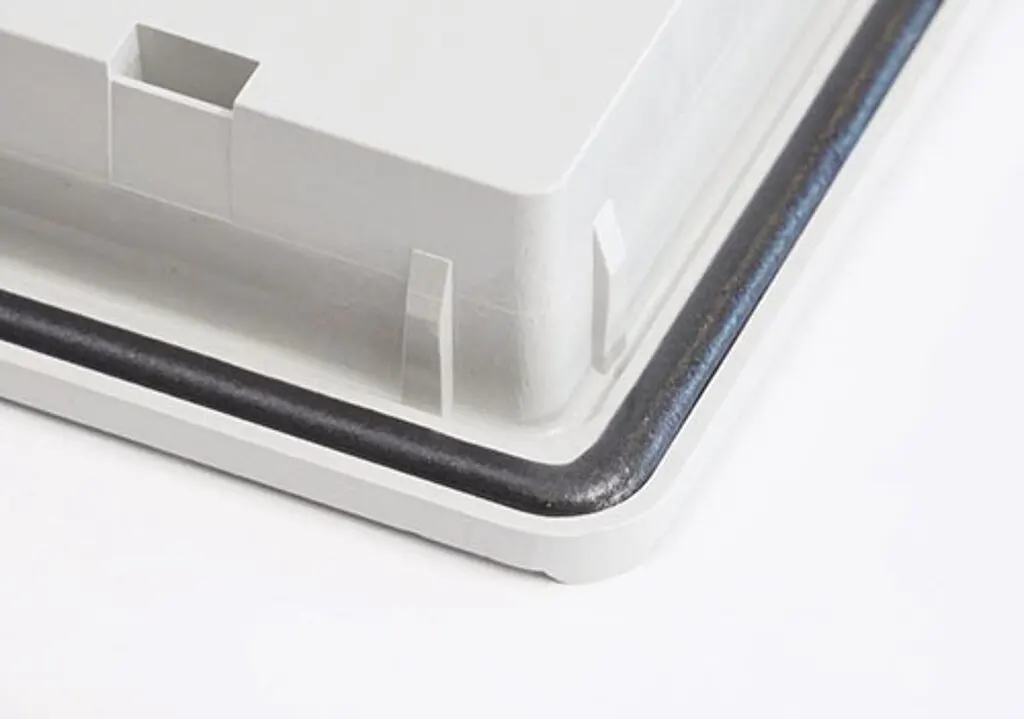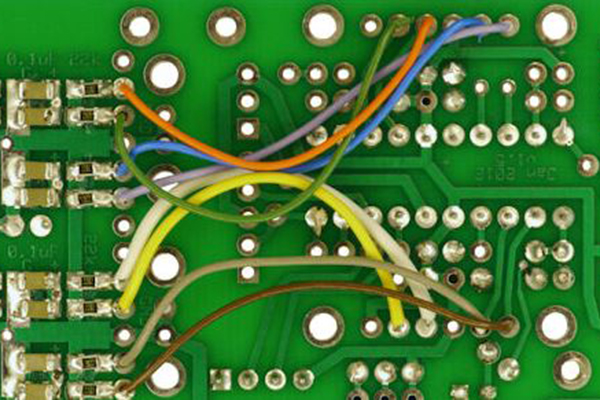Structural Adhesives are defined as adhesives that can support a structural load when fully cured.
Why adhesive?
Manufacturers nowadays have gradually been moving to the side of adhesives for many applications needed assembly. The reasons for this are the smaller and thinner designs of devices and higher requirement for aesthetic appearance
Other advantages of adhesives over mechanical fasteners:
1. Uniformly distribute stress over the entire bonded area instead of concentrating it on one point like with rivets, or screws.
2. Effectively bond dissimilar materials
3. Maintain the integrity of the assembled substrates
4. Maximize fatigue resistance with adhesive flexibility
5. Simultaneously bond and seal against the environmental pollutants and other contaminants
6. Frequently help reduce costs and increase production because of automated dispensing systems for a range of applications
One point in which manufacturers still hesitate to replace mechanical fasteners with adhesives is the Capability of withstanding a pain-bake cycle or power coating process in the bonding area. But new adhesive technology nowadays has totally damaged this disadvantage and makes it all a perfect choice for assembly.
Over a long period, epoxy adhesive is the mainly used adhesive in structural bonding applications due to its excellent load-bearing properties and high strength bonding. However, its long cure time and requirement for careful surface preparation make the manufacturer must find another alternative which is acrylate for better compatibility.
In this article, we will find out the outstanding characteristics of each adhesive type to help you rightly select the best one for your assembly application
Differences between two types of structural adhesives
In general, Epoxy adhesive has excellent bond strength but long curing time and requires special surface treatment, while acrylate adhesive requires no or less surface treatment with a shorter curing time but has strong odor
| Epoxy Structural adhesive | Acrylate Structural adhesive |
| Long gel time | Short gel time |
| Long cure time | Short cure time |
| Long shelf life (around 2 years) | Short shelf life (around 6 months – 1 year) |
| High storage temperature | High-end storage temperature is capped at 80℉ |
| Good damp-hole performance | Reduced performance in damp hole |
| Higher bond strength | Bond strengths are usually lower |
| Low temperature installation (14℉) | |
| Difficult to dispense at temperatures below 60℉ | Good pump-ability at low temperatures |
| Low temperature storage (14℉) | |
| Reduced performance at elevated temperatures | Very good elevated-temperature performance |
| Long nozzle required to achieve proper mixing | Shorter nozzle is compatible |
| Large volume cartridge can be dispensed with manual dispensing tools | |
| More of a gel consistency, making the use in horizontal and overhead applications easier | |
| Adhesive does not shrink, allowing it to be used in oversized holes | |
| Low temperature is restricted to 40℉ | |
| Very stable chemistry |
Note: Long curing time is not always a disadvantage, it can be beneficial in some specific applications. For example: in anchoring applications, deep embedment which require longer Time to dispense product into the drilled hole and install the threaded rod or reinforcing bar
How to select your desired adhesive?
There are some specifications needed to consider for choosing the right adhesive:
- Total bond strength
- Strength retention after exposure to a variety of solvents and environments
- Effects of surface preparation
- Bond strength to different substrates
- Impact resistance
- Peel strength
- Overlap shear strength after a long-time exposure to various conditions
Types of Epoxy structural adhesive
Epoxy adhesives will be classified based on its applications.
Types of Acrylate structural adhesive
To better adapt requirements for environmental sustainability and higher health concern. It happens to have a new range of Acrylate adhesive with low odor and for low energy surface too.
To name some:
Need more consultants to find the right structural for your applications. Contact us:
Hotline: (+84) 984 695 398
Email: gluexpert@prostech.ph






